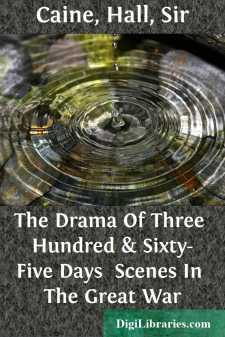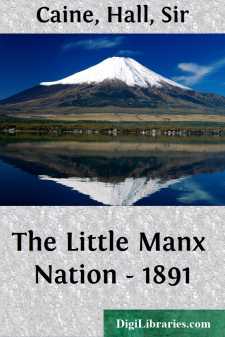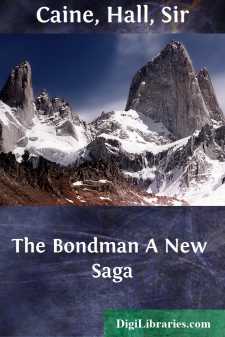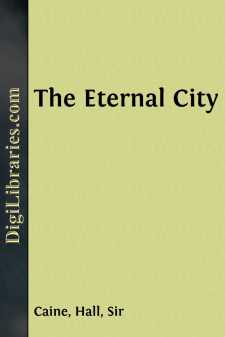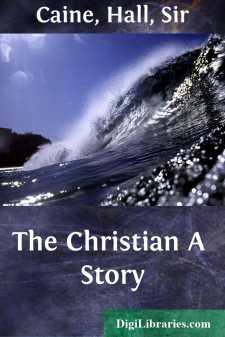Categories
- Antiques & Collectibles 13
- Architecture 36
- Art 48
- Bibles 22
- Biography & Autobiography 813
- Body, Mind & Spirit 142
- Business & Economics 28
- Children's Books 17
- Children's Fiction 14
- Computers 4
- Cooking 94
- Crafts & Hobbies 4
- Drama 346
- Education 46
- Family & Relationships 57
- Fiction 11829
- Games 19
- Gardening 17
- Health & Fitness 34
- History 1377
- House & Home 1
- Humor 147
- Juvenile Fiction 1873
- Juvenile Nonfiction 202
- Language Arts & Disciplines 88
- Law 16
- Literary Collections 686
- Literary Criticism 179
- Mathematics 13
- Medical 41
- Music 40
- Nature 179
- Non-Classifiable 1768
- Performing Arts 7
- Periodicals 1453
- Philosophy 64
- Photography 2
- Poetry 896
- Political Science 203
- Psychology 42
- Reference 154
- Religion 513
- Science 126
- Self-Help 84
- Social Science 81
- Sports & Recreation 34
- Study Aids 3
- Technology & Engineering 59
- Transportation 23
- Travel 463
- True Crime 29
The Drama Of Three Hundred & Sixty-Five Days Scenes In The Great War
by: Hall Caine
Description:
Excerpt
THE INVISIBLE CONFLICT
Mr. Maeterlinck has lately propounded the theory {*} that what we call the war is neither more nor less than the visible expression of a vast invisible conflict. The unseen forces of good and evil in the universe are using man as a means of contention. On the result of the struggle the destiny of humanity on this planet depends. Is the Angel to prevail? Or is the Beast to prolong his malignant existence? The issue hangs on Fate, which does not, however, deny the exercise of the will of man. Mystical and even fantastic as the theory may seem to be, there is no resisting its appeal. A glance back over the events of the past year leaves us again and again without clue to cause and effect. It is impossible to account for so many things that have happened. We cannot always say, "We did this because of that," or "Our enemies did that because of the other." Time after time we can find no reason why things happened as they have—so unaccountable and so contradictory have they seemed to be. The dark work wrought by Death during the past year has been done in the blackness of a night in which none can read. Hence some of us are forced to yield to Mr. Maeterlinck's theory, which is, I think, the theory of the ancients—the theory on which the Greeks built their plays—that invisible powers of good and evil, operating in regions that are above and beyond man's control, are working out his destiny in this monstrous drama of the war.
* The Daily Chronicle.
And what a drama it has been already! We had witnessed only 365 days of it down to August 4, 1915, corresponding at the utmost to perhaps three of its tragic acts, but what scenes, what emotions! Mr. Lowell used to say that to read Carlyle's book on the French Revolution was to see history as by flashes of lightning. It is only as by flashes of lightning that we can yet hope to see the world-drama of 1914-15. Figures, groups, incidents, episodes, without the connecting links of plots, and just as they have been thrown off by Time, the master-producer—what a spectacle they make, what a medley of motives, what a confused jumble of sincerities and hypocrisies, heroisms and brutalities, villainies and virtues!
As happens in every drama, a great deal of the tragic mischief had occurred before the curtain rose. Always before the passage of war over the world there comes the far-off murmur of its approaching wings. Each of us in this case had heard it, distinctly or indistinctly, according to the accidents of personal experience. I think I myself heard it for the first time dearly when in the closing year of King Edward's reign I came to know (it is unnecessary to say how) what our Sovereign's feeling had been about his last visit to Berlin. It can do no harm now to say that it had been a feeling of intense anxiety. The visit seemed necessary, even imperative, there-fore the King would not shirk his duty. But for his country, as well as for himself, he had feared for his reception in Germany, and on his arrival in Berlin, and during his drive from the railway station with the Kaiser, he had watched and listened to the demonstrations in the streets with an emotion which very nearly amounted to dread....


